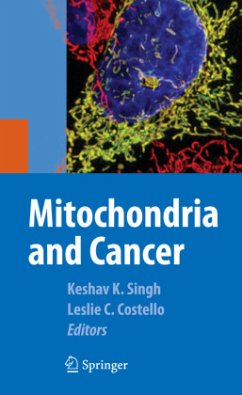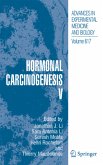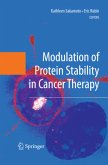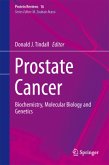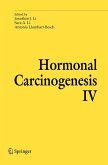The book begins with a general overview of Warburg Hypothesis, mitochondrial structure and function, and then outline more specifically the metabolic and molecular alterations in mitochondria that are associated with human cancer and their clinical implications. An emphasis is also placed on mtDNA mutations and their potential role in carcinogenesis. The potential use of mitochondria as biomarkers for early detection of cancer, or as unique cellular targets for novel and selective anti-cancer agents will also be discussed.
Nearly a century of scientific research has revealed that mitochondrial dysfunction is one of the most common and consistent phenotypes of cancer cells. A number of notable differences in the mitochondria of normal and cancer cells have been described. These include differences in mitochondrial metabolic activity, molecular composition of mitochondria and mtDNA sequence, as well as in alteration of nuclear genes encoding mitochondrial proteins. This book, Mitochondria and Cancer, edited by Keshav K. Singh and Leslie C. Costello, presents thorough analyses of mitochondrial dysfunction as one of the hallmarks of cancer, discusses the clinical implications of mitochondrial defects in cancer, and as unique cellular targets for novel and selective anti-cancer therapy.
Nearly a century of scientific research has revealed that mitochondrial dysfunction is one of the most common and consistent phenotypes of cancer cells. A number of notable differences in the mitochondria of normal and cancer cells have been described. These include differences in mitochondrial metabolic activity, molecular composition of mitochondria and mtDNA sequence, as well as in alteration of nuclear genes encoding mitochondrial proteins. This book, Mitochondria and Cancer, edited by Keshav K. Singh and Leslie C. Costello, presents thorough analyses of mitochondrial dysfunction as one of the hallmarks of cancer, discusses the clinical implications of mitochondrial defects in cancer, and as unique cellular targets for novel and selective anti-cancer therapy.
